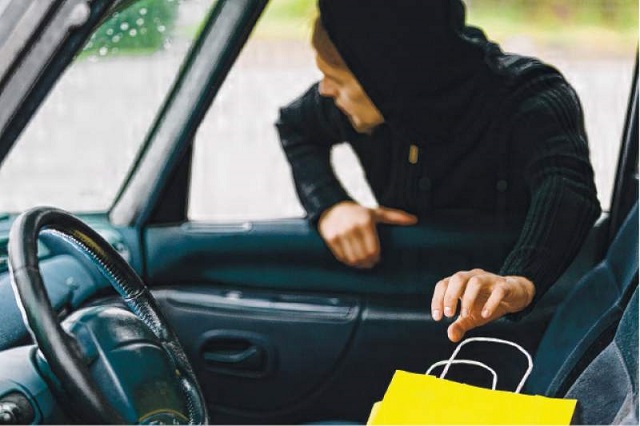In Re: N.J., A Minor Child (Nev. Supreme Ct. – June 28, 2018)
The issue is whether the juvenile court abused its discretion in admitting uncharged acts as evidence.
On September 22, 2015, N.J. and a group of mutual acquaintances were at a park in Fallon, Nevada, when N.J. attempted to fight the victim in this case. According to witness testimony, N.J. believed that her boyfriend, T.H., was sexually intimate with the victim. The victim eluded an altercation and left the park.
Later that evening, the victim received a text message from T.H. The victim and TB, planned to visit Walmart to purchase pajamas. T.H. picked up the victim, but instead of visiting Walmart, they drove to an isolated area behind Walmart. After they parked the vehicle, N.J. pulled up in a vehicle behind them. N.J. left her vehicle and entered the vehicle carrying the victim. N.J. struck the temple of the victim’s head, threatened to hurt the victim if she did not stay away from T.H., and spat on the victim.
The State filed a delinquency petition in juvenile court charging N.J. with one count of battery and one count of harassment. During an evidentiary hearing, N.J. objected to the admission of testimony regarding two uncharged acts, namely testimony that she had (1) challenged the victim to a fight earlier in the day at the park, and (2) spat on the victim after the battery and harassment. With regard to the two uncharged acts, the district court overruled the objections based on the res gestae doctrine. The district court ultimately adjudicated N.J. delinquent on both counts. N.J. appealed.
Continue reading “Is uncharged act evidence admissible in juvenile delinquency proceedings?”

